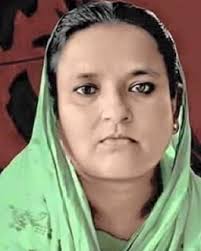
On 15 August 1975, a group of junior army officers attacked the presidential residence with tanks and assassinated Mujib, his family and personal staff. Only her daughters Sheikh Hasina Wajed and Sheikh Rehana, who were visiting West Germany, escaped. They were banned from returning to Bangladesh. Others killed included her 10-year-old son Sheikh Russel, two other sons Sheikh Kamal, Sheikh Jamal, daughters-in-law Sultana Kamal and Rosy Jamal, brothers-in-law Abdur Rab Serniabat and Sheikh Abu Naser, nephew Sheikh Fazlul Haque Mani and his wife Arzoo Moni. The coup was planned by disgruntled Awami League colleagues and military officers, which included Mujib’s colleague and former confidant Khondaker Mostaq Ahmad, who became his immediate successor. Lawrence Lifschultz has alleged that the CIA was involved in the coup and assassination, basing his assumption on statements by the then US ambassador in Dhaka Eugene Booster.
Mujib’s death plunged the nation into many years of political turmoil. The coup leaders were soon overthrown and a series of counter-coups and political assassinations paralysed the country. Order was largely restored after a coup in 1977 gave control to the army chief Ziaur Rahman. Declaring himself President in 1978, Ziaur Rahman signed the Indemnity Ordinance, giving immunity from prosecution to the men who plotted Mujib’s overthrow and assassination.